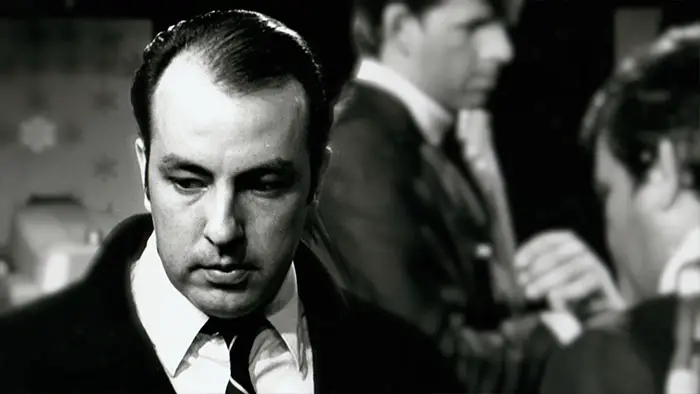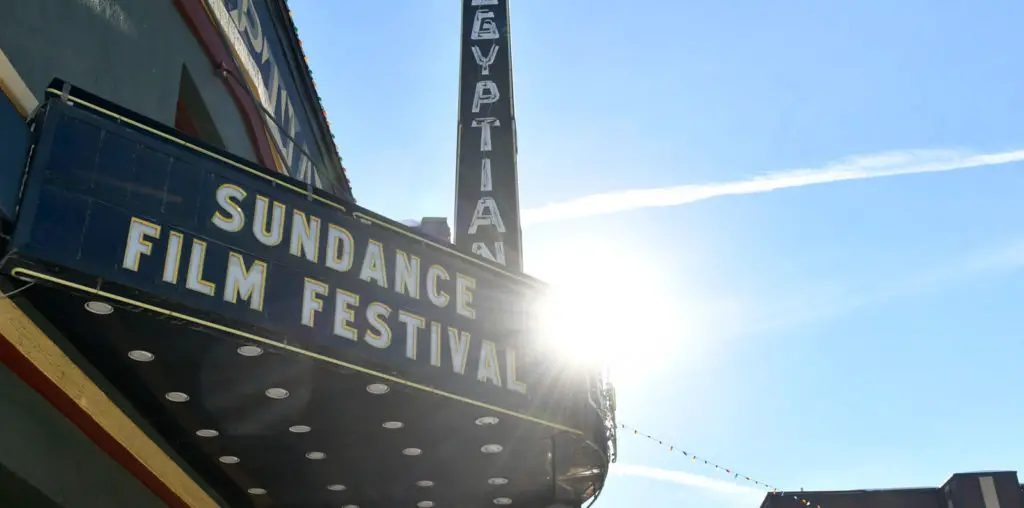
One interesting point I gleaned from the film is how the creation of Fox News was an example of independent filmmaking. He had very little money and equipment and was creating guerilla television and news reporting. That’s essentially the birth of Fox News.
You’re exactly right. Some of our interviewees, like Lara Logan and those on the inside, point out that nobody even knew what Fox News was or where they could find it. It was a joke. It was never going to succeed, just like the 100,000 internet start-ups at that time. Some people can say, “Oh, it was just lucky.” No, it wasn’t luck. There was some genius behind it, and by looking at that genius, as you said, it’s for an independent filmmaker. He was up against a 17-year overwhelming monopoly in CNN. For filmmakers, it’s like being up against Warner Brothers. How are you going to make a film in this world? Hopefully, we’ve seeded enough in the movie for the modern, independent filmmakers—whether you’re on your first film or you’ve made a few—that there’s enough food-for-thought from its inception, that will be inspiring whether you like Roger Ailes or like Fox News.
Let’s go back to the beginning of the documentary. You mentioned gaining access to the Ailes archive. Knowing you had a mountain of source material, what was your approach to sifting through all that material? Was there a specific goal in mind?
No. It was more organic than that. I knew a guy named Pat Caddell, a famous Democratic pollster and campaign advisor. Pat was a contributor to Fox News and was a friend of mine. As we were chatting about things, particularly about Fox News, the downfall of Roger, and the 2016 election, the movie’s origin began to develop. I would have never gotten the access and met the family and the Ailes estate without Pat’s introduction.
So to answer your question more directly. It wasn’t the case of “I can get access to the Ailes media library. Maybe I should make a movie.” It wasn’t that. It was about watching what had happened with his downfall and being somewhat astounded that wholly one side of a story was being told. Wow, that’s interesting, like only one team showed up. As a lawyer, I view myself as a civil libertarian. I think the greatest engine for the discovery of truth is hearing both sides.
I talked to Pat and did a little research on my own and realized, wow, this guy was incredible. I saw that the views being widely broadcast about Roger Ailes, was simply one viewpoint, not unlike a one-sided court case. That poked my sense of that engine of truth. That didn’t seem right, and that’s what accelerated my efforts to reach out to the estate.
Pat was instrumental in the project. He was Jimmy Carter’s pollster, one of Walter Mondale’s advisors, and a Democratic pollster and advisor his entire life. He was also a friend of Roger’s.

“He even got Rupert Murdoch to wager a billion dollars that he was right.”
It’s just amazing. You forget there was a time when people from opposing sides of the aisle were actually friends.
That was in the movie. That’s one of our points. In the 80s and 90s, people hung out together. People don’t like to accept that fact. What Roger Ailes did with Fox News is he believed that the networks and other cable channels were so one-sided. To be successful, he had to have both conservatives and liberals in the commentary. Not only was no one else doing that, Roger believes no one else would ever flank him or step up and do the same thing. He even got Rupert Murdoch to wager a billion dollars that he was right. And he was.
Let me end on this one. You’re a documentarian, and you have access to the media archive of Roger Ailes. How did you approach going through what I imagine is a giant warehouse of history and information? What was your plan?
We probably did it entirely backward. We went in with a small team of researchers, and we explored the haystack without a preconceived narrative. We went in and just burrowed through the haystack, which we didn’t realize was as big as it was. If I knew what I know now, I would have approached it differently. Note to filmmakers. You might want to use a rifle rather than a shotgun. You might want to come in a little more focused, particularly if you’re addressing a subject that spans over multiple decades and spans numerous disciplines, culture, politics, television, and still goes on today.
It was biting off so much that in retrospect, I did it all wrong because I didn’t have that strong preconception going in other than, “Hey, let’s explore this haystack.”

